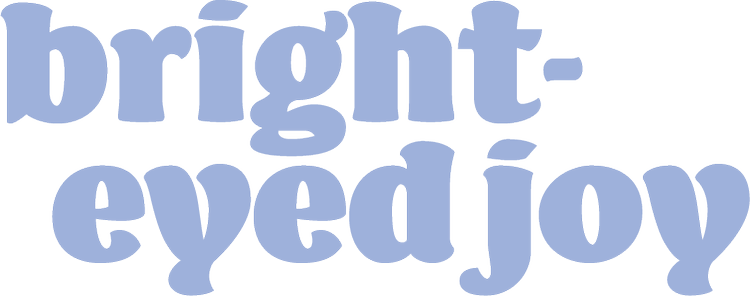the story
“Was that your mom who picked you up yesterday?”
“Yeah, why?”
“Oh. I thought you were white and your parents just sent you to this camp for the experience.”
“…No. Both my parents are black.”
Then came even more questions…someone (usually from the black community) was always questioning me when it came to my name and racial identity. I always felt the pressure to explain myself, because just saying I was black was almost never enough. Nah, they wanted the full breakdown — at the very least I had to be “mixed”. To add to the confusion, both my first and last name are Nigerian. I was the super light skinned girl with an African name, who wasn’t first, second, or third generation Nigerian and “talked like a white girl” according to the kids from my block on the south side of Chicago.
I guess I can’t blame people for wondering wtf my deal was, but that didn’t make these conversations any less uncomfortable. And though that moment at camp was a story from my childhood, them nosy people who had no type of manners when it came to my identity have shown up throughout my whole life.
“So, are you Nigerian then?” A harder explanation that I really didn’t want to get into. This part of my identity has always felt like a long story, one I typically don’t share with people.
Over the years I’ve always fumbled over my responses to “no, but what are you?” choosing what version I would tell on the fly. Now my response tends to be more simple:
“I’m Black.” Full stop. If I feel comfortable explaining further, I will. If not, I don’t.
the lesson
No one is entitled to an explanation of any part of your identity. Because people tend to be very confident in their line of questioning, I often felt like I owed them an explanation despite how uncomfortable it made me. Quite frankly, someone understanding a small part of you is not essential in them getting to know who you are. How much you share about your identity is always up to you. Anyone who makes a big deal about that wouldn’t be a good friend anyway.
A person’s judgements are a reflection of themselves, not you. A lot of people liked to ask me about my name and race within a few minutes of meeting me. If my answer didn’t sit right them, they’d often distance themselves. Having this repeated experience truly made me feel like I didn’t belong in the black community. My blackness looked different than what was deemed acceptable at the time, and it took me awhile to realize that my identity was not the problem. The people unwilling to challenge their own beliefs about blackness definitely had some work to do though.
When you love yourself first, the opinions of others stop holding so much weight. There was a long period of time where I was ashamed of who I was, simply because the combination of my name and racial identity raised questions for a lot of people. I hated how much uncomfortable attention I got as a result. As I approached my mid-twenties, things began to shift. Both my parents identify as black, and though I’m sure I do have white genes in my lineage somewhere, I wasn’t about to dive into a whole percentage breakdown just to prove my blackness. Instead I focused on owning and loving who I was, making it easier to push people aside who weren’t willing to hold their judgment until they really got to know me.
the light
When I moved to New York four years ago, I began to tell people I was black without further explanation. I also started going by Ayorinde instead of Ayo. It sounds better and honestly, feels much more like me. Plus, I was tired of doing people favors by shortening my name. And yes, I’ll be the one to repeat it until you pronounce it right too.
In shedding the fear of not fitting into a singular definition of blackness and instead holding my own boundaries when I met new people, I also started to find people who simply never asked. I’m pretty sure out of all the friends I’ve made in the last year, no one has inquired about my name or race. Maybe they assumed, maybe they’d been educated on how rude it can come off when you ask about someone’s identity without getting to know them first, or maybe they just didn’t care. Whatever the reason, thank gawd society as a whole has seemed to evolve a bit.
We all have parts of ourselves that may not be easily digestible — they don’t make you any less worthy of love and acceptance. Own them, protect them, love them. Set boundaries when you need to and know that stepping into your own truth will always make way for the right people, places, and opportunities.
